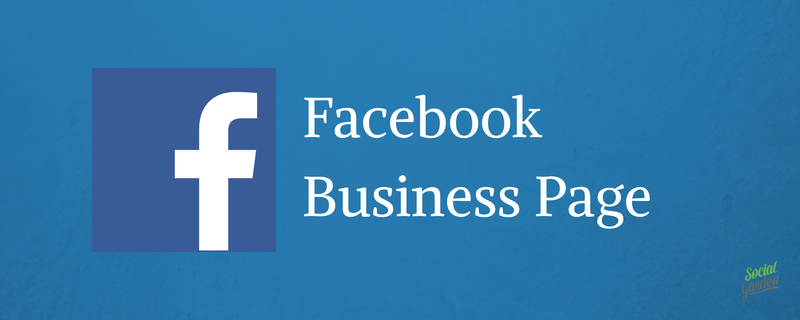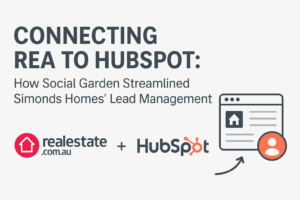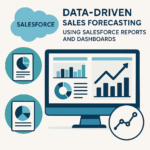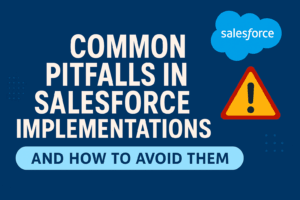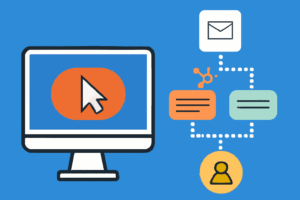BLOG
Why is your Facebook Business Page Organic Reach dropping?
Do you own a Facebook Business Page? If so, you may have been experiencing a drastic drop in the organic reach of your posts.
You need to be aware that Facebook is making changes related to how your followers share your content.
Beginning a couple of months ago, some companies’ business pages began to see a noticeable fall-off in activity. Their posts were reaching a much smaller number of fans than usual. After several weeks of tracking this trend, several companies asked Facebook if this was something on their end.
Hey guys… did you change your algorithm without letting us know?
Facebook did not answer clearly for quite some time.
The drop-off in organic reach per fan, the rate that content is seen by a follower as a natural part of their daily newsfeed, continued to drop. Usually, posts would have an organic reach of 16-20 percent.
That meant that almost a fifth of all your followers saw the content you posted. This number has since dwindled down to 4-6 percent. Saying that this phenomenon caused outrage and frustration is an understatement. Finally, Facebook gurus came clean about this matter. They confirmed the changes to the algorithm affected organic reach considerably.
If you wanted to play, you’d have to pay!
Understandably, this solution didn’t make marketers and business owners very happy.
The majority of small businesses and fan groups out there made accusations ranging from mild frustration to outrageous accusations of illegitimate business practices. The larger issue was that these groups have spent a lot of time accumulating the followers and likes that they have.
Facebook made the guarantee that followers and likes would translate into long-term success on Facebook’s business page options. These businesses and groups became frustrated when they realised all their work they did was now secondary.
There is a legitimate method to this madness. The algorithm that Facebook uses to determine which posts make it to the newsfeed changed because now it’s important to give value to greater quality posts.
Things like interest in the quality of the post, who posted the content, how recently it was posted and other factors were the focus of this new algorithm.
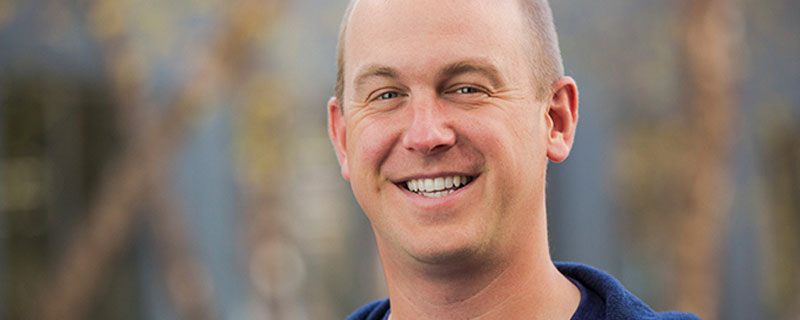
VP Ads Product Marketing and Atlas at Facebook. (Photo: Facebook for Business)
Facebook’s Defence: The Challenges of being the world’s largest Social Media platform
Facebook admitted that organic reach rates had dropped, but it was not because they are being vindictive or seek greater profits.
The head of Facebook’s ad product marketing, Brian Boland, stepped forward to answer questions that Facebook had been receiving for some time. This change was not a bid to increase profits.
Boland assured business owners that Facebook has always had its customers and businesses at heart throughout these changes. The choice to decrease organic reach rates was motivated to allow more people to be exposed on the newsfeed. Apparently, till now a handful of super-massive groups were monopolizing it.
The paid-ads option was also meant to appease groups that had the budget to increase this minimal ad space. The two messages seem contradictory, but at its core, Facebook was trying to give the little guy a chance at making it on a newsfeed.
Part of the decrease was natural, an argument that has sound roots. The number of likes made per day has grown by 50 percent in the past few years. This is an incredible amount of people and information being posted on boards.
The decrease in organic reach in most given managed business page was due to 2 main reasons: too much content and/ or low-quality content.
There are only so many hours people spend on Facebook and the newsfeed is only large enough to hold so much. This was a crisis of supply and demand. To resolve it, Facebook decided to cut everyone’s average reach in a bid to bring less popular pages to light.

When Boland spoke, he mentioned Google as a peer company that had a similar problem.
Again, bigger companies with larger followings were posting low-quality blogs. This was overshadowing the high-quality content coming from smaller businesses and bloggers.
Google then updated its algorithm to favour websites that posted good content more often, rather than spam websites. Facebook has merely tried to create a similar algorithm to better promote smaller businesses and fan pages.
Many of Boland’s answers point to one larger assumption: Facebook for business is changing.
This brings up the question…
Are we entering an era of organic reach vs paid reach on Facebook?
Advertising on Facebook is now a far different experience than it was even a few years ago. Where once likes and follows would determine success, it is now far more similar to advertising on Google.
If you want a successful business page on Facebook, you must have great content. Don’t forget the interest to draw Facebook’s attention plus the cash to supplement a reliable ad campaign!
Adapting your managed business page to the new Facebook
Now that you know what has occurred and what it means for you, how can you start adapting to the situation? Luckily, the grand majority of changes you have to make are relatively small. What they will require is more work on your part and dedication to the platform.
Post more often with fresh content
Now that the newsfeed content is far more limited, you will need more content to increase your chances to be seen by your followers. This means posting more often at all times of the day.
Posting once or twice a day will only work if those posts receive a massive amount of activity. If a healthy discussion keeps your post in the newsfeed for hours, great! However, this is likely not the case.
You will want three to four posts a day, at various times of the day. How recently you created the post is now a large factor for Facebook. Older posts have an increasingly low chance of coming up on the newsfeed. Having a quasi-fresh post at all times of the day will help.
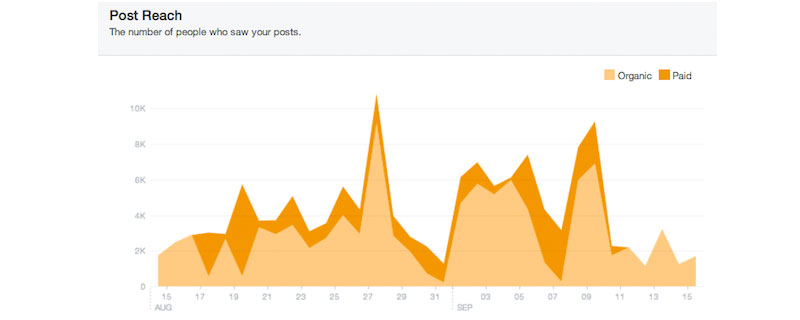
(Photo: Facebook for Business)
Facebook’s Insights Feature lets you know when to post
Posting all the time is best, but you also want to make sure that all of your work pays off. This means finding out when your demographic is the most active. Under ‘posts,’ Facebook has an option for your managed business page called “Insights.”
This option allows you to see the activity on your page, how large it was and when it occurred. Use this information to decide when to be active on your business page.
Link back to your regular business website and any other social media accounts you may have
This is great for Facebook’s algorithm, but also for Google’s algorithm.
The more connected your pages are, the more likely it will be for the search algorithms to show your post. It also allows your Facebook followers to jump back and forth between their feed and your website.
How businesses interact with Facebook has irreparably changed. It is harder, as a small company, to break into fame through the Facebook newsfeed. It may even seem like the odds are stacked higher than ever against you.
The best way to grow your Facebook business page is to use these changes to your advantage and spread your message through every avenue possible!
Have you experienced a drop in your organic reach? How did you recover from it? Tell us your story in the comments below!
